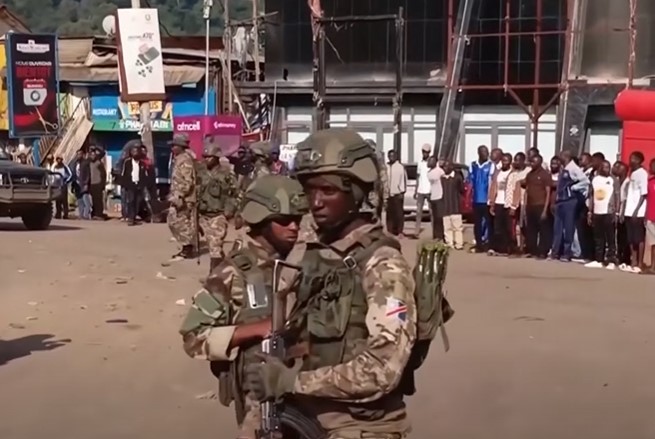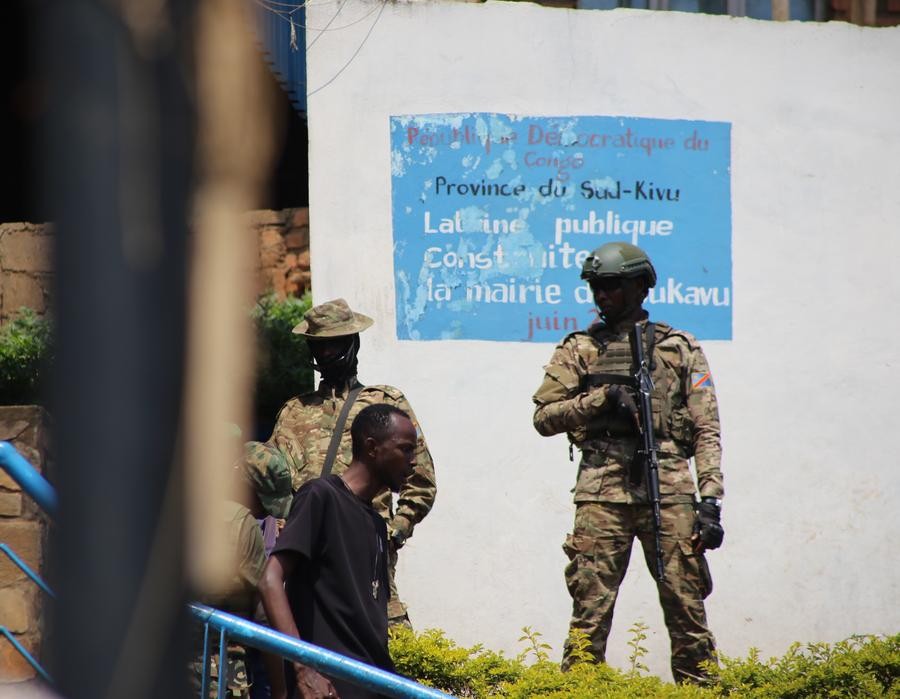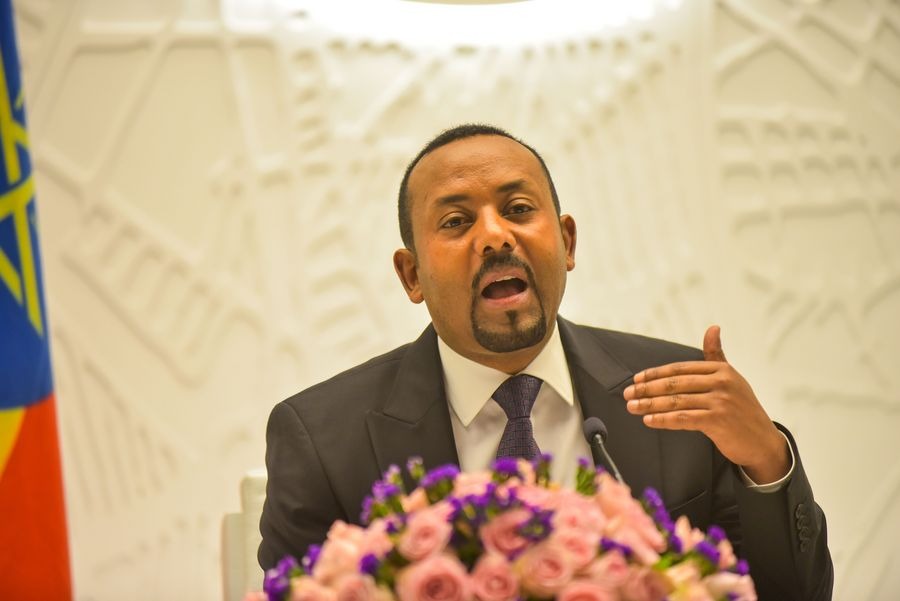The SADC mission that has suffered losses this year will conduct a ‘phased withdrawal’ of its troops
The Southern African regional bloc has said it will conclude its troop deployment in the Democratic Republic of the Congo (DRC), having decided on a “phased withdrawal”.
Leaders from the 16-nation Southern African Development Community (SADC) – which has lost at least a dozen soldiers in the eastern DRC since January – held a virtual summit on Thursday to discuss the ongoing conflict in an area that has seen three decades of unrest.
The meeting comes a day after Angola announced that peace talks between the DRC and the Rwanda-backed M23 rebel group would begin next week. In a communique released after the summit, the group said DC’s mission in the DRC (also known as SAMIDRC) would be “terminated … and directed the commencement of a phased withdrawal of SAMIDRC troops”.
M23 has seized swaths of the mineral-rich and volatile eastern DRC, including the key cities of Goma and Bukavu, in a lightning advance since January. The Congolese government says at least 7,000 people have died since then.
While officials did not comment on the size of the military deployment, the bulk of SAMIDRC troops come from South Africa, which is estimated to have sent at least 1,000 soldiers.
South Africa lost 14 soldiers in the eastern DRC conflict in January. Most were part of the SADC mission, but at least two were deployed as part of a separate United Nations peacekeeping mission. Elsewhere, three Malawian troops in the SADC deployment were also killed. The mission was sent to the eastern DRC in December 2023 to help the government restore peace and security amid attacks by armed groups including M23.
Opening Thursday’s summit, SADC chairperson and Zimbabwean President Emmerson Mnangagwa called for a “greater sense of urgency” to end the fighting, which he said has caused instability beyond the DRC’s borders.
Inclusive dialogue was essential, he said, adding that a review of the mandate in DRC was “timely”. Angola’s presidential office announced late on Wednesday that direct talks between the DRC and M23 would begin next week.
“Following the steps taken by the Angolan mediation … delegations from the DRC and the M23 will begin direct peace talks on March 18 in the city of Luanda,” it said. Angolan President Joao Lourenco had earlier met Congolese President Felix Tshisekedi, who had previously refused to engage in dialogue with M23, as demanded by Rwanda. Kinshasa previously said it would talk to Kigali, which it accuses of backing M23.
On Thursday, two Congolese government sources told the Reuters news agency that the latest Angolan proposal was being seriously considered.
“This is a process that is beginning. Kinshasa wants it to be short but it could be long, and it will be up to the head of state to decide on the people who will represent the government side,” one of the sources said, speaking anonymously.
“Even if there is direct contact with M23, this will not exclude Kigali’s responsibility,” said another source, also speaking anonymously.
The announced withdrawal of the SADC deployment, which was helping DRC fight rebel groups, is a potential further blow to Tshisekedi who has faced criticism of his handling of M23’s latest advance. Rwanda’s Foreign Minister Olivier Nduhungirehe told Reuters on Thursday the withdrawal was “a good decision that will contribute to peace” in eastern DRC.
UN experts have said Rwanda backs M23 and maintains some 3,000-4,000 troops in the eastern DRC in support of the group. Rwanda denies providing the rebels with military assistance.
The Sadc leaders said that even though the troops would be withdrawn from DR Congo, the bloc would continue to “support interventions aimed at bringing lasting peace”.
Sadc also called for a diplomatic and political solution to the conflict. Previous efforts to bring peace to DR Congo have not been successful.
But Angola has announced this week that it will host peace talks between DR Congo and the M23 next week in the capital, Luanda. The M23 said they “welcomed” this move. DR Congo’s President Félix Tshisekedi has previously refused to engage in direct negotiations with the group, insisting on only talking to Rwanda.
This was Sadc’s third emergency summit on DR Congo in recent months. It is unclear how many Sadc troops are in DR Congo, but 5,000 troops were due to be sent.
South Africa, which leads the mission, was to deploy 2,900 troops and the rest shared between Malawi and Tanzania.













